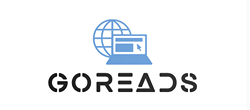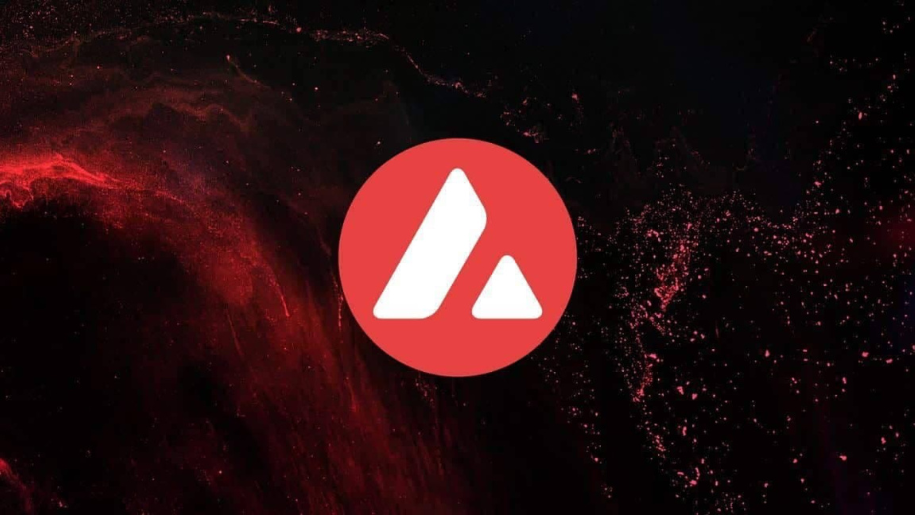In the dynamic world of web development, choosing the right web application framework is crucial for building robust and scalable applications. With the rapid advancements in technology, new frameworks emerge each year, offering developers enhanced capabilities and tools.
In this blog post, we will explore the top 9 web application frameworks of 2023, providing insights into their key features, advantages, and popularity among developers.
Angular:
Angular, developed by Google, continues to dominate the web development landscape in 2023. This TypeScript-based framework offers an extensive set of features, including two-way data binding, modular architecture, and a powerful CLI tool. With its comprehensive documentation and vibrant community, Angular empowers developers to build large-scale enterprise applications efficiently.
React:
React, maintained by Facebook, remains one of the most popular JavaScript libraries for web development. Its component-based architecture and virtual DOM provide flexibility and performance optimizations. React’s ecosystem is rich with reusable components and libraries, enabling developers to create interactive user interfaces easily.
Vue.js:
Vue.js, a progressive JavaScript framework, has gained significant traction among developers due to its simplicity and flexibility. It offers a gentle learning curve and can be incrementally adopted in existing projects. Vue.js provides a robust ecosystem, enabling developers to build scalable applications with ease.
Django:
Django, a high-level Python web framework, emphasizes efficiency and rapid development. Its batteries-included approach, extensive documentation, and robust security features make it an excellent choice for building complex web applications. Django follows the Model-View-Controller (MVC) pattern, providing a clear separation of concerns.
Ruby on Rails:
Ruby on Rails, commonly known as Rails, is a web application framework written in Ruby. It follows the convention-over-configuration principle, making it highly productive for developers. Rails offers features like automated testing, strong conventions, and easy integration with databases, enabling rapid application development.
Laravel:
Laravel, a PHP-based framework, provides an elegant syntax and a wide range of features for building modern web applications. Its expressive syntax, robust ORM (Object-Relational Mapping), and built-in authentication system make Laravel a popular choice among PHP developers.
Express.js:
Express.js, a minimalistic Node.js framework, focuses on creating lightweight and scalable web applications. It offers simplicity and flexibility, allowing developers to build APIs and web servers quickly. With its middleware-based architecture, Express.js provides a seamless development experience.
Spring Boot:
Spring Boot, a Java-based framework, simplifies the development of stand-alone, production-grade Spring applications. It offers a convention-over-configuration approach and comes with batteries-included, reducing boilerplate code. Spring Boot’s modular design and extensive ecosystem make it a favorite among Java developers.
Flask:
Flask, a microframework written in Python, prioritizes simplicity and extensibility. It provides the bare essentials for building web applications and encourages developers to add only what they need. Flask’s lightweight nature, combined with its vast ecosystem of extensions, makes it ideal for small to medium-sized projects.
Conclusion:
Choosing the right web application framework in 2023 is essential for custom software developers looking to create innovative and efficient applications. Each framework mentioned above has its own strengths and advantages, catering to the diverse needs and preferences of developers. Whether you prioritize scalability, performance, simplicity, or ease of use, there is a framework on this list that will suit your requirements.
Angular, React, and Vue.js continue to dominate the front-end development space, offering robust tools and efficient workflows. Django, Ruby on Rails, Laravel, and Flask provide powerful back-end frameworks in Python and PHP, enabling developers to build complex applications quickly. Express.js and Spring Boot excel in creating lightweight and scalable web applications, catering to the needs of Node.js and Java developers.
By staying up to date with the latest Backend Frameworks For Web App Development, developers can leverage the power of these tools to build cutting-edge applications that m eet the demands of the modern digital landscape.




